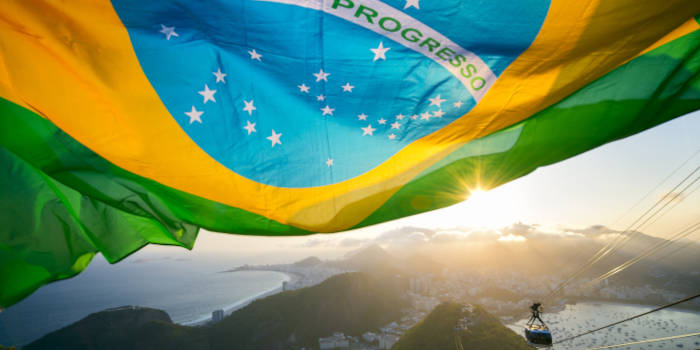The tremendous prospect of sports betting is a defining characteristic of Brazil, a country that is paving the way to developing a regulated framework. The current president, Luiz Inacio Lula da Silva, is making history by endorsing an Interim Measure (IM), a measure that makes the practice of sports betting lawful, a matter that has been hanging in the balance with regulatory propositions dating back to 2018.
The newly approved measure introduces modifications to the sports betting law established in 2018. The subsequent step requires the Brazilian Congress to sanction the Interim Measure within a four-month deadline. Five years ago, in 2018, online sports betting got the green signal from the legislative body.
But the delay in the formation of subsequent regulations for the betting sector resulted in financial losses due to missing tax revenue. Many betting operators were active in the country but did not contribute to taxation due to the lack of effective legislation.
The recently ratified measure by President Lula da Silva plans to amend this situation by suggesting a regulation that mandates an 18% tax on the total gaming proceeds (GGR). A previous draft called for a 15% GGR tax, which was later adjusted to 16%. The current proposal further escalates the tax percentage to 18%, aiming to increase the revenue share to the Ministry of Sports from the initial 1% to 3%. The proposed amendments also recommend a higher licensing fee for sports betting operators.
Boost in Tax Revenue from Sports Betting
With the exciting developments brought about by this legislation, the Ministry of Finance is preparing to introduce SNJA, a regulatory body designed to oversee sports betting. The new body will bear the responsibility of granting licensing rights, compliance with rules, and other supervisory actions.
The tax revenue given up due to the delay over the years remains a question. As per predictions made by the Minister of Finance, Fernando Haddad, the sports betting segment could contribute BRL2 billion ($423 million) to the nation’s treasury next year, according to a study by Reuters. Still, Haddad suggests that this number is arguably conservative, implying that the actual revenue could surpass these estimates.
Though changes to the rules are anticipated, the timeline for the implementation of Brazil’s robust regulations regarding sports betting is uncertain. The imposed 18% tax on betting GGR might deter some operators. Yet, the high potential of the Brazilian market makes it unlikely that there will be a complete industry withdrawal.







